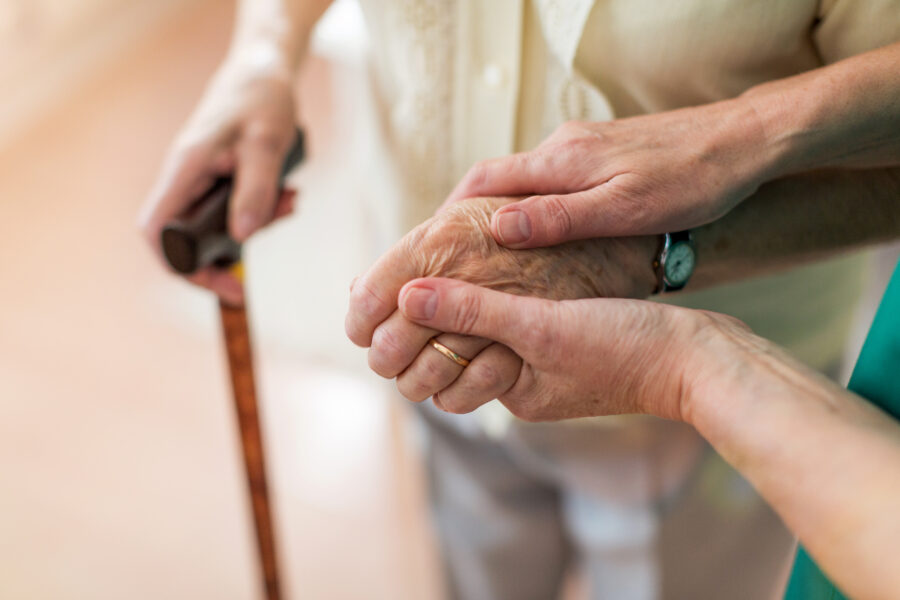Blog post
Person-centred eye and hearing care

What is person-centred care?
There is a big focus on person-centred care at the moment. Healthcare is moving away from the traditional one-size-fits-all approach of offering the same standard care provisions.
Person-centred care is about using a holistic approach to assess individual needs and provide appropriate care. Simply put, the care is personalised to the individual.
It also means treating people with dignity, compassion, and respect and getting them involved decision making when it comes to their healthcare, making it personal to them.
How does OutsideClinic practice person-centred care?
We recognise the uniqueness of each patient. Our eye and hearing tests are adapted to the individual’s specific needs and preferences.
If an individual requires glasses or hearing aids, we ensure that we take into account things like what medication they are on, how far away from the TV they usually sit, or whether they like to read or listen to music. This means we can offer the most practical and effective solution for their specific lifestyle and routine.
Although, it’s worth noting that our eye and hearing tests are much more than just determining whether the individual needs glasses/hearing aids or not – as well as looking for signs of the most common conditions we come across in care homes (cataracts, age-related macular degeneration, glaucoma and diabetic eye disease), we also look at the overall health of the eyes and ears to spot early signs of other issues like diabetes, high blood pressure or high cholesterol.
Read more about what can be detected during an eye test
How does OutsideClinic practice a person-centred approach when it comes to seeing individuals with dementia?
Here at OutsideClinic, we offer dementia-friendly eye and hearing tests at home or in a care home, in a safe, familiar and comfortable environment.
Our Opticians and Audiologists are given specific training on Understanding Dementia, The Mental Capacity Act and Safeguarding. This allows them to effectively communicate with patients who are living with dementia, adapt the testing process, and provide the necessary support to make the experience as comfortable and accommodating as possible.
We also purposely have longer and flexible appointments slots which allow us to do the test at a slower pace if needed.
And there is always the option to have a loved one or carer present during the test for added reassurance.
"Providers must do everything reasonably practicable to make sure that people who use the service receive person-centred care and treatment that is appropriate, meets their needs and reflects their personal preferences, whatever they might be."
- Quality Care Commission (CQC) | Health and Social Care Act 2008 | Regulation 9


